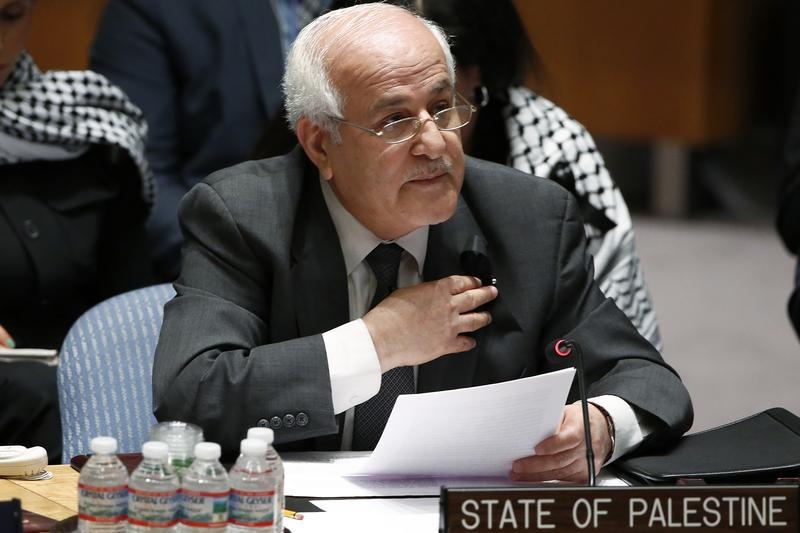The re-election of Israeli Prime Minister, Benjamin Netanyahu will have little benefit on Palestinians in the occupied territories, the Gaza Strip, and those residing in Israel itself. So says Suraya Dadoo, a researcher with the Media Review Network (MRN), in her commentary on the outcome of Tuesday’s elections, which saw Netanyahu re-elected as the leader of the Zionist state. The Likud party took 300 seats in the 120 Knesset, but despite the scale of the win, Netanyahu’s victory is likely to carry heavy political and diplomatic costs for Israel.
Any negotiation for an independent Palestinian state now seems more out of reach, as Netanyahu’s utterances leaned far right in the last days of the election campaign. However, the big change, said Dadoo, would be that Israel would have exposed itself in terms of how right-wing it was moving. With this mind, the big winner would evidently be the Boycott, Divestment and Sanctions (BDS) movement.
“What’s going to be exposed is the fact that Israel is not interested in peace and that is the main reason why people need to isolate Israel,” she stated.
The election victory of the ruling Likud party has been described as something of a setback in the hopes of a revival of Palestinian-Israeli negotiations. Netanyahu’s controversial response to a questioned posed on Monday by an Israeli journalist, seemed to indicate his uncompromising stance on the issue. This came as no surprise to Dadoo however; who stressed that Likud’s stance had always been against the establishment of a Palestinian state.
“What it has done is sort of concretised (this stance), and exposed the fact that Israeli aren’t interest in peace. Even in 1999 when Likud was running for re-election, their position was the very same thing,” she explained, adding that the party were adamant in its encouragement of settlement building.
Most concerning however, is that only one in three people under Israeli rule, including those in the West Bank and Gaza, were able to vote during Tuesdays election.
One positive is the strong performance shown by a joint coalition of Arab and Palestinian parties, operating under the banner of The Joint Arab List. Joint, as the group are more commonly known, attracted the third highest amount of votes overall and look set to win around 15 seats in the Knesset.
“In terms of the power structures, they are in fact trying to fight Israeli Apartheid from within,” she said, adding that the MRN were hopeful this would help challenge any legislation deemed discriminatory towards Palestinians inside Israel.
Despite winning by some margin, Netanyahu did face something of a challenge from the Zionist Union, the centre-left party of Isaac Herzog, who had indicated his willingness to reignite talks with the Palestinians. But Dadoo said the outcome mattered little, as there were few differences between the Union and Likud, both of whom shared similar policies.
“They don’t support a Palestine state based on pre-1967 borders, which is only slightly better than Likud saying there shouldn’t be a state at all,” she added.
Likud looks set to capture at least 29 seats in the Knesset, five more than closest challenges the Zionist Union. Opposition leader Herzog has already conceded defeat in the race. VOC (Mubeen Banderker)






 WhatsApp us
WhatsApp us 


1 comment
years ago especially since the time of anwar sadats capitulation many of us warned that israel entertained a perpetual negotiation going nowhere, ie no two-state solution, ….